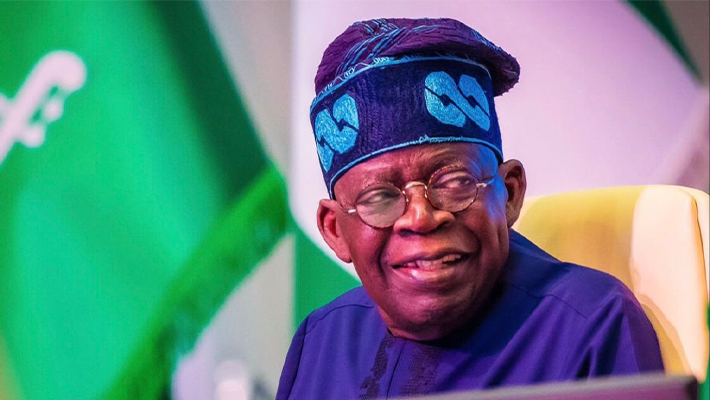
Nigeria has now emerged as the third-largest debtor to the World Bank’s International Development Association (IDA), following a significant increase in its borrowing.
According to the World Bank’s financial statements, Nigeria’s exposure to the IDA rose by 14.4% in the fiscal year 2023, reaching $16.5 billion in 2024.
The $2.2 billion increase under President Bola Tinubu’s administration has propelled Nigeria from its previous position as the fourth-largest borrower in 2023 to now being among the top three IDA debtors for the first time.
The funds secured from the IDA are typically used for projects that aim to improve infrastructure, enhance public services, and reduce poverty, all of which are critical to Nigeria’s long-term development goals.
However, the status also comes with risks. Being one of the top debtors means that a significant portion of Nigeria’s budget will be tied to debt servicing, which could limit the government’s ability to spend on other critical areas.
The rising debt levels also increase the country’s vulnerability to external shocks, such as changes in global interest rates or a downturn in the global economy, which could make debt repayment more challenging.
President Bola Tinubu’s administration has been active in securing international financial support to address Nigeria’s economic challenges.
